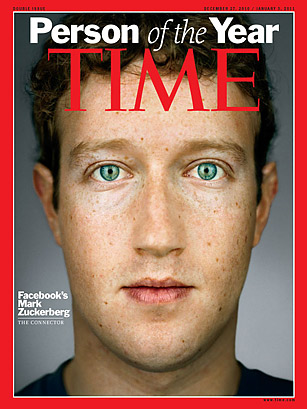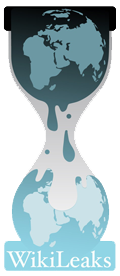 The protests in Egypt have been front and center in the American media over the previous two weeks. We were greeted with daily updates about former President Mubarak’s grasp on power, and, ultimately, his resignation. Buried in all the rapidly unfolding events were numerous stories about social media and its role in the revolution. I think it may be useful to aggregate all these stories as we begin to analyze how important social media was (if at all) to the revolution – and, also, whether the revolution has significant implications for social media.
The protests in Egypt have been front and center in the American media over the previous two weeks. We were greeted with daily updates about former President Mubarak’s grasp on power, and, ultimately, his resignation. Buried in all the rapidly unfolding events were numerous stories about social media and its role in the revolution. I think it may be useful to aggregate all these stories as we begin to analyze how important social media was (if at all) to the revolution – and, also, whether the revolution has significant implications for social media.
As a prelude to the unrest in Egypt (and Tunisia) several cables conveying communications between US diplomats and the State Department were leaked to Wikileaks. The connection between these leaks and the protests in Tunisia was covered in the Guardian and the Village Voice. Journalists, ever eager for a sexy headline, quickly labeled Tunisia “The First Wikileaks Revolution.” The cables also brought global attention to “routine and pervasive” police brutality under the Mubarak regime, giving increased legitimacy to dissident groups.
After Tunisia’s President Ben Ali fell, unrest quickly spread to Egypt. Largely unprepared to cover the event, the Western media was forced to rely on Twitter feeds (as well as Al Jazeera) as a primary source for reporting. (For an excellent analysis of the most watched Twitter feeds see Zeynep Tufekci’s “Can ‘Leaderless Revolutions’ Stay Leaderless: Preferential Attachment, Iron Laws and Networks.”) more...





 Cyborgology editors Nathan Jurgenson and PJ Rey discuss their take on WikiLeaks, net neutrality, and other issue surrounding the free flow of information on the Internet. The
Cyborgology editors Nathan Jurgenson and PJ Rey discuss their take on WikiLeaks, net neutrality, and other issue surrounding the free flow of information on the Internet. The 
